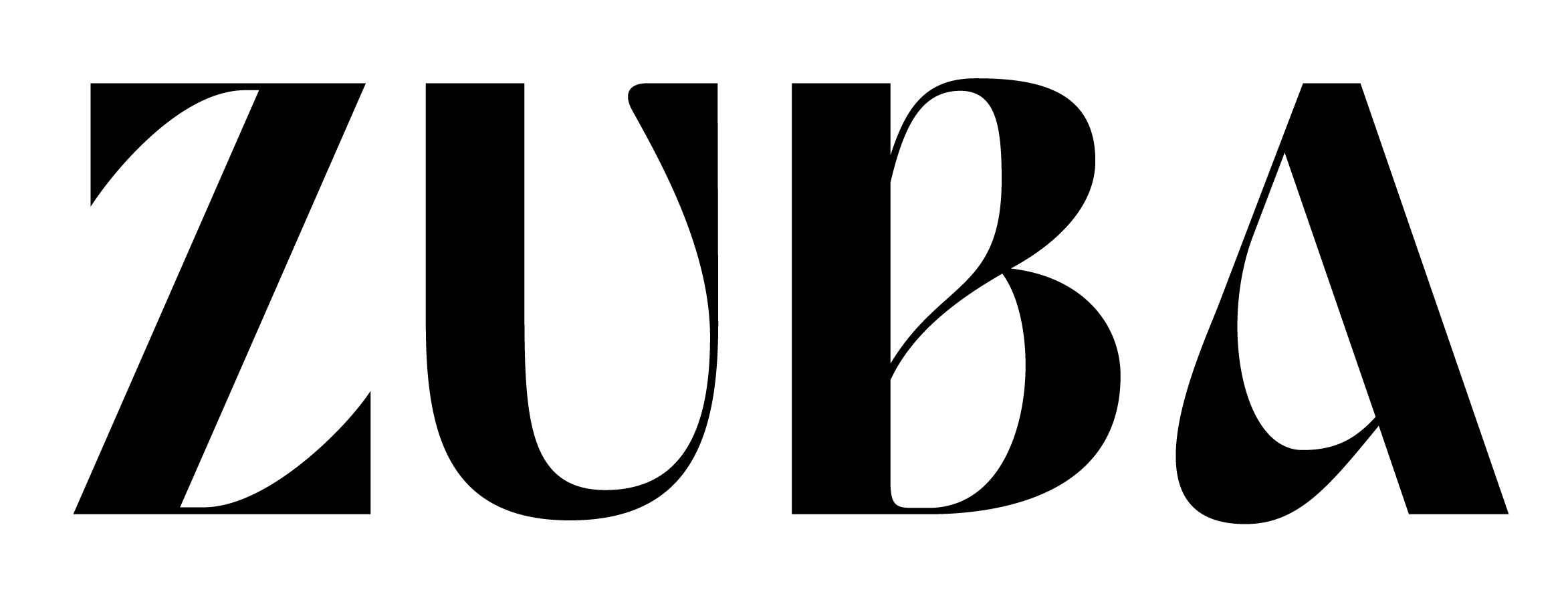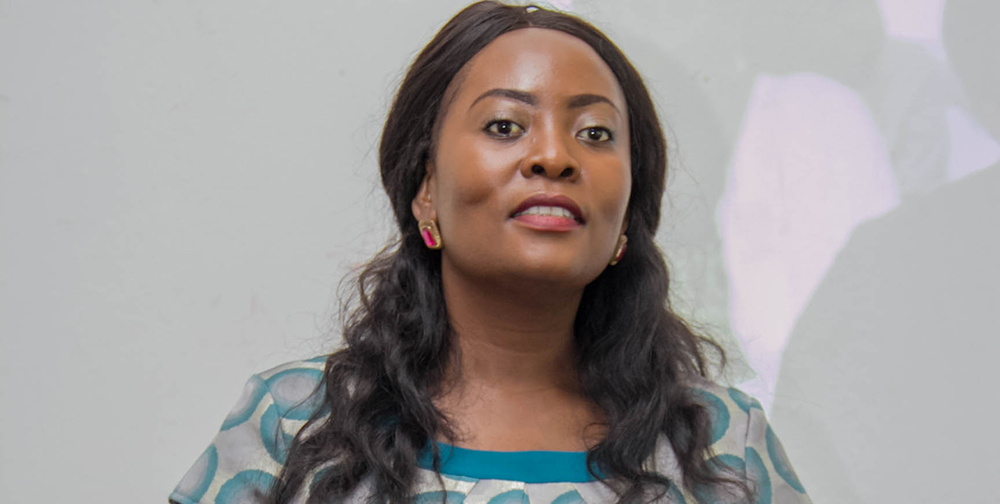On the surface, Sub-Saharan Africa boasts of the world’s highest rate of women entrepreneurs, at 27%, according to the MasterCard Index of Women Entrepreneurs 2019 report with Botswana, Ghana, Nigeria, Kenya, Uganda and Zambia having disproportionately high numbers. But dig a little deeper and you will find that in many countries in Africa, most female-led enterprises are small businesses with little opportunity for growth. This is mostly due to the human, physical, resource and social constraints women face, that limit their ability to grow their businesses.
Nambula Kachumi, has made it her life mission to ensure that such barriers are broken and women entrepreneurs thrive, through her organization the Women Entrepreneurial Access Center (WEAC).
Nambula is a Zambian-based Pan-African entrepreneurship ecosystem champion and business leader with a passion to grow women-led development solutions in the area of education, finance, technology and eco-inclusive green economies. “I am wife, a mother of 5 and love to spend my spare time reading and tending the garden.”
In this exclusive interview, she opens up about the work and success of the organization.

Please tell us about the ‘Women’s Entrepreneurial Access Center’ (WEAC) and the work you do.
The Women’s Entrepreneurial Access Center (WEAC) formally is a U.S.-government-supported initiative launched in 2015. WEAC (formerly known as WECREATE) focuses on providing a safe environment for women entrepreneurs to gain access to important resources and tools for economic empowerment.WEAC Zambia enables women entrepreneurs move from the informal sector into the formal sector, while generating momentum for measurable economic and societal change. “Our programs are specifically designed to advance gender equality in entrepreneurship through a portfolio of business growth programs, tools and events created to address barriers faced by women seeking to start and grow their businesses.”
What inspired you to start WEAC?
90% of my professional career has centered on supporting social, economic and financial resilience for local communities through women-driven development solutions. I have witnessed an expansion of the startup community in Zambia, mostly driven by female owned enterprise. However, there have been numerous failures and growth barriers to these businesses mainly due to limited business support systems and access to business resources. This is what drove my passion to start the WEAC Center, a physical and virtual space providing a positive environment for women to grow their businesses.
While starting out, what strategies did you put in place for resource mobilization, growth and visibility?
WEAC Zambia started out as project supported and funded by the US Department of State and was also set to roll-out in 4 other countries in Asia and Africa including Pakistan, Cambodia, Vietnam and Kenya.
Team development is everything. Together with the global and local project team we started by putting together a team that did not only have the skills and experience to run this kind of a program, but that which had the passion and understood what it took to deliver excellence to the last mile.
Secondly, as local founder and project lead, I sought institutional mentorship and approached friends and colleagues that had experience running similar program not only locally but outside. There was a lot of learning and failing in the beginning most of which was done through bootstrapping and using the lowest hanging opportunities. It is true what they say that your network is your net worth. Today, WEAC has transformed from a project based initiative and grown into one of the biggest women entrepreneurship support organizations in Zambia .
What has been the greatest challenge(s) WEAC has faced and how did you overcome it (them)?
- Limitations in supporting remote based businesses and generally the challenging business operating environment that limit women owned businesses to attain growth stage. In addressing this challenge, we have strengthened collaboration with key stake holders including financial service providers and work with a strong expert mentoring network in strategic parts of the country.
- Uncertainty in funding and instability of commercially based revenue and funding streams.
What has been the key to your success as WEAC?
Strong and growing entrepreneurial communities of women that have gone on to receive awards, win competitions and access resources through WEAC. Most importantly, the visible impact of our programs on the communities that we support and partner with.
How do you develop and maintain excellent relationships with long-term strategic partners?
We consistently deliver quality and maintain integrity and transparency throughout our relationships with strategic partners. We also manage expectations and ensure that we communicate efficiently on what is realistic and possible to achieve. While being open to collaboration and co-creation, we do not shy away from turning down what does not fall within our expectations and organizational values.
How do you pitch an accelerator program to brands to sponsor and fund your idea?
We use our success stories and partner with our alumni networks to speak to how our programs have benefited them. We also speak from our hearts and visibly demonstrate the connection between our value proposition and the goals of our sponsors and partners. Numbers don’t lie but stories speak volumes!
What do you think are some of the greatest obstacles women Entrepreneurs in Africa face?
- A challenging economic and business operating environment, coupled with gender cultural/social biases
- Access to sustainable finance and business growth resources
- Low education and access to technology and skills.
- Limited investment opportunities and ventures into innovation sectors.
How best can women entrepreneurs in Africa network and grow their professional circle?
Consistent learning, self educating and grab every opportunity that takes you closer to closing the deal. Mentorship is also key in growing female supportive systems and professional networks
What do you think is the future of Africa’s Entrepreneurship?
Technology, inclusive innovation and green economies. But most of all, female business leadership is the key to Africa’s Entrepreneurship.
What do you consider before following someone on social media?
- Their story
- Their passion
- Their impact
- And Integrity in what they do and what they stand for.


